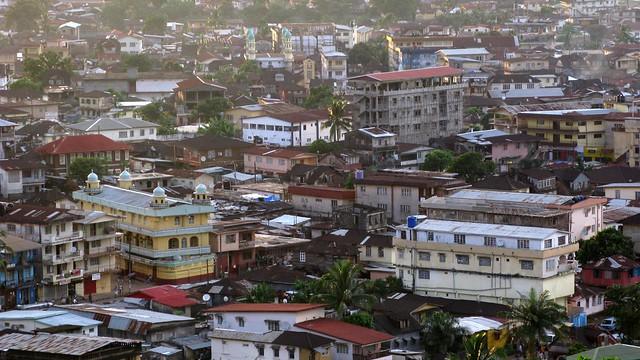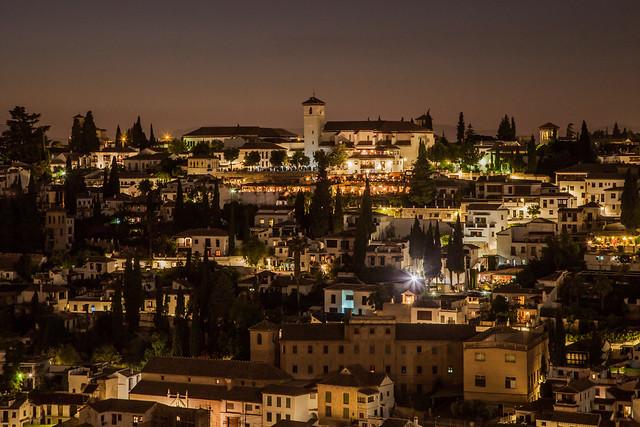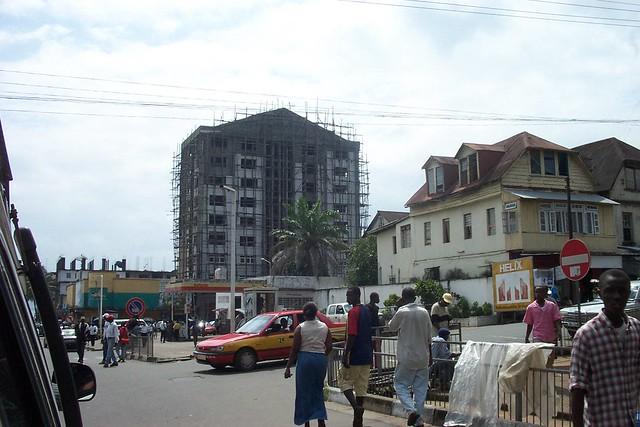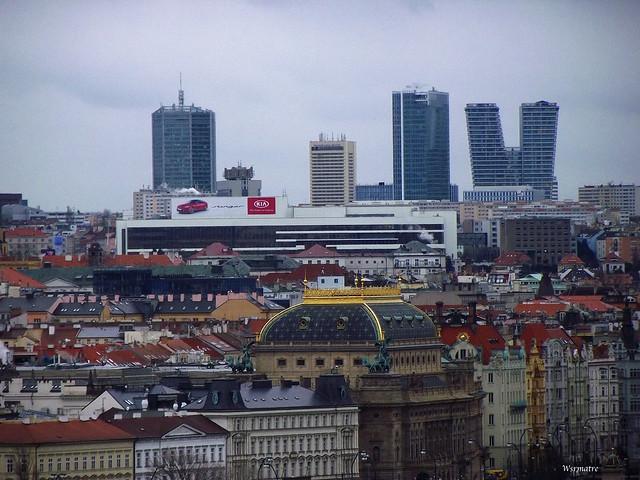



Freetown
Overview
Historical Significance
Freetown, the capital of Sierra Leone, is a city steeped in rich history and cultural heritage. Founded in 1787 as a settlement for freed slaves from North America and the Caribbean, it serves as a poignant symbol of resilience and hope. The city’s name itself reflects its foundational aim of creating a haven for those seeking freedom. Notably, the Cotton Tree, a giant cotton tree believed to be over 200 years old, stands as a historical landmark where former slaves would gather to celebrate their newfound liberty. This tree remains a central point in Freetown, embodying the spirit of freedom and community that defines the city.
Cultural Vibrancy
Freetown is a melting pot of diverse cultures, with influences from African, European, and Caribbean traditions. This vibrant cultural tapestry is evident in its music, art, and cuisine. The sound of traditional Sierra Leonean music, particularly the lively beats of palm wine and reggae, fills the air, inviting both locals and travelers to join in the rhythm of life. The city hosts various festivals throughout the year, showcasing colorful parades and performances that celebrate its rich heritage. The local craft markets, such as the bustling Big Market, offer an array of handmade goods, textiles, and artworks, making it an ideal spot for travelers to immerse themselves in the local culture and perhaps take home a piece of Freetown.
Atmosphere and Community Life
The atmosphere in Freetown is characterized by its warm and welcoming community. Streets are alive with the sounds of children playing, vendors calling out their wares, and the aroma of street food wafting through the air. The local markets are not only places to shop but also social hubs where people gather to share stories and laughter. Visitors will find that Freetown's residents are incredibly hospitable, often inviting travelers to join them in local customs, from sharing traditional meals to participating in community events. This sense of camaraderie creates a unique experience for visitors, allowing them to connect deeply with the local culture.
Natural Beauty
Freetown is blessed with stunning natural landscapes that complement its urban charm. The city is nestled between the Freetown Peninsula and the Atlantic Ocean, offering breathtaking views and beautiful beaches. Popular spots like Lumley Beach and River Number Two Beach are perfect for sunbathing, swimming, and enjoying local seafood. For those seeking adventure, the lush hills surrounding the city provide opportunities for hiking and exploring the vibrant ecosystems. The Tacugama Chimpanzee Sanctuary, located just outside the city, allows visitors to learn about and support conservation efforts for these endangered primates while enjoying the natural beauty of the area.
Local Cuisine
No visit to Freetown would be complete without indulging in its culinary delights. The local cuisine is a flavorful blend of indigenous ingredients and recipes, reflecting the city’s diverse influences. Traditional dishes such as jollof rice, cassava, and groundnut stew are staples that can be found in both homes and restaurants. Street food is also a must-try, with options like spicy pepper soup and fried plantains enticing the taste buds. Dining in Freetown often becomes a communal experience, where travelers can share meals with locals, deepening their understanding of Sierra Leonean culture and hospitality.
Conclusion
Freetown is a city that offers a rich tapestry of experiences for travelers. From its historical significance and cultural vibrancy to its stunning natural beauty and delectable cuisine, Freetown captures the heart of those who visit. By immersing oneself in the local atmosphere and engaging with the community, travelers can gain a deeper appreciation for this unique and resilient city in Sierra Leone.
Other towns or cities you may like in Sierra Leone
Explore other cities that share similar charm and attractions.



